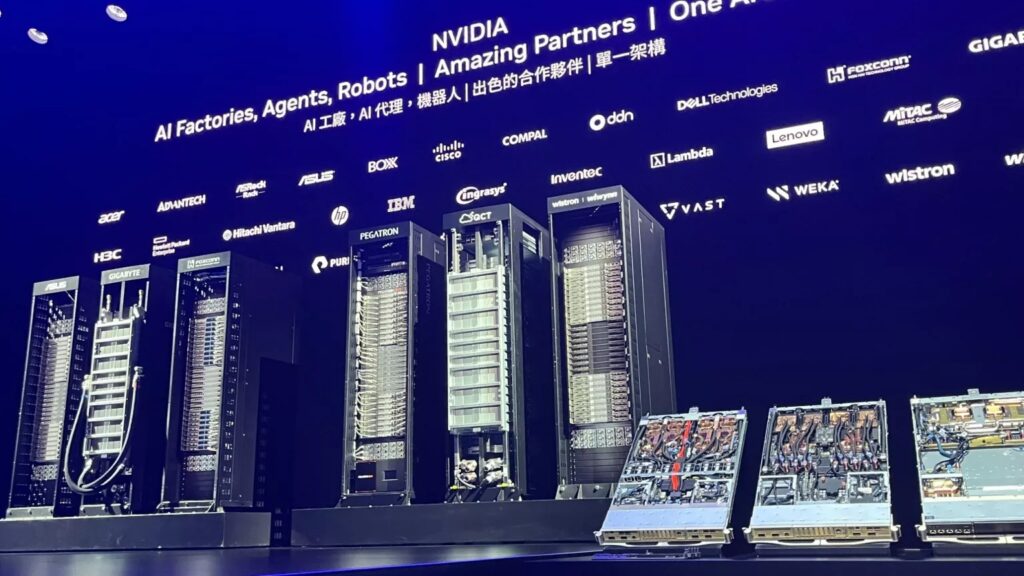Nvidia CEO Jensen Huang has revealed major plans to build a next-generation AI supercomputer in Taiwan. Speaking at the COMPUTEX technology conference, Huang confirmed that Nvidia will partner with major Taiwanese firms and government agencies to support the country’s digital future. The project aims to make Taiwan a leader in global artificial intelligence (AI) development.
Huang returned to his birthplace to share the company’s vision of a future powered by AI—not just in devices, but across the infrastructure of entire nations. The new AI factory will serve as the heart of Taiwan’s innovation push.
Major Partnerships with Foxconn, TSMC, and Taiwan’s Government
Nvidia is joining forces with Foxconn, TSMC, and Taiwan’s National Science and Technology Council to launch the project. The collaboration will boost research, support smart city development, and help create what officials are calling a “smart AI island.”
Taiwan’s Science Minister Wu Cheng-Wen said the initiative combines academic research, business partnerships, and public-sector planning. “Taiwan is ready to become a center for AI-driven technology,” Wu said.
From Chips to Infrastructure: Nvidia’s Transformation
Huang explained that Nvidia is no longer just a chipmaker. It is now an AI infrastructure company, helping to build the next phase of global progress. “We used to think about infrastructure in terms of roads or power grids,” Huang said. “Now we are talking about intelligence infrastructure—networks that run on data, algorithms, and AI systems.”
He compared this shift to the arrival of the Internet in the 1990s, calling it the next industrial revolution.
Digital Tokens Will Measure Future Productivity
During his keynote, Huang made a bold prediction: in the near future, companies will use digital tokens to measure output and productivity. These tokens could take the form of cryptocurrency or other blockchain-based assets.
“This AI infrastructure will create trillions of dollars in economic value,” Huang said. “It will transform how we measure work, value, and success.”
AI Agents to Fill Global Labor Gaps
One of the highlights of the speech was Nvidia’s focus on AI agents—software tools that act like digital co-workers. Huang explained that these agents already support Nvidia engineers in real tasks.
“AI agents will help with jobs where there aren’t enough workers,” Huang said. “They’ll assist humans, communicate with each other, and complete tasks without needing breaks.”
He also stressed the need for AI management systems to ensure these agents operate safely and efficiently.
New Headquarters: Nvidia Constellation in Taiwan
To support its growing role in Taiwan, Nvidia announced a new regional headquarters called “Nvidia Constellation.” Construction is set to begin soon.
The site will serve as a hub for engineers, developers, and researchers working on AI and computing projects. Huang said the new building reflects Nvidia’s long-term commitment to Taiwan’s engineering talent and innovation ecosystem.
Jensen Huang closed his COMPUTEX appearance with a strong message: AI is the future. He promised Nvidia would continue developing the tools that help the world adapt to new ways of working and creating.
“AI is the new industrial wave,” Huang said. “Nvidia will be there to build the tools, train the models, and power the future.”
